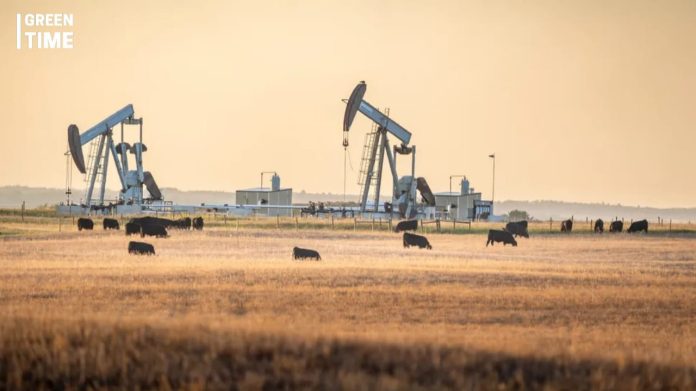In 2021, the Global Methane Pledge set a bold target is reduce methane emissions by 30% by 2030. This ambitious goal aims to buy time to address carbon dioxide emissions, a long-term challenge in fighting climate change.
More than 150 nations have now signed the pledge, representing over half of global methane emissions. Methane is a potent greenhouse gas but is short-lived compared to carbon dioxide.
Despite new policies, methane emissions continue to rise. Research shows that atmospheric methane is increasing faster than ever, marking an alarming trend. Global record-keeping has tracked methane for 40 years, but recent growth rates are unprecedented.
These findings were published in the fourth global methane budget, a study by the Global Carbon Project. This research involved 66 institutions worldwide, tracking methane emissions and sinks. The study reveals that human activities now account for two-thirds or more of global methane emissions.
Methane emissions come from both natural and human sources. Wetlands release methane from decaying organic matter, but human activities have supercharged these emissions. Agriculture, energy production, and waste management are the primary human-driven sources.
The rise in methane emissions is a significant concern, but there is hope for improvement. Because methane is short-lived, reducing emissions can quickly deliver climate benefits. Reducing methane emissions is one of the most effective short-term measures to slow global warming.
To meet the pledge’s goals, countries need to strengthen policies and take urgent action. Reducing methane from agriculture, oil and gas, and waste sectors will be critical to achieving the 30% reduction by 2030.
Cutting methane emissions can significantly slow climate change and provide time to address carbon dioxide. Global leaders must act quickly to meet the pledge’s targets and reduce this harmful gas. The path forward is clear: urgent action on methane can lead to a healthier, more sustainable future.

